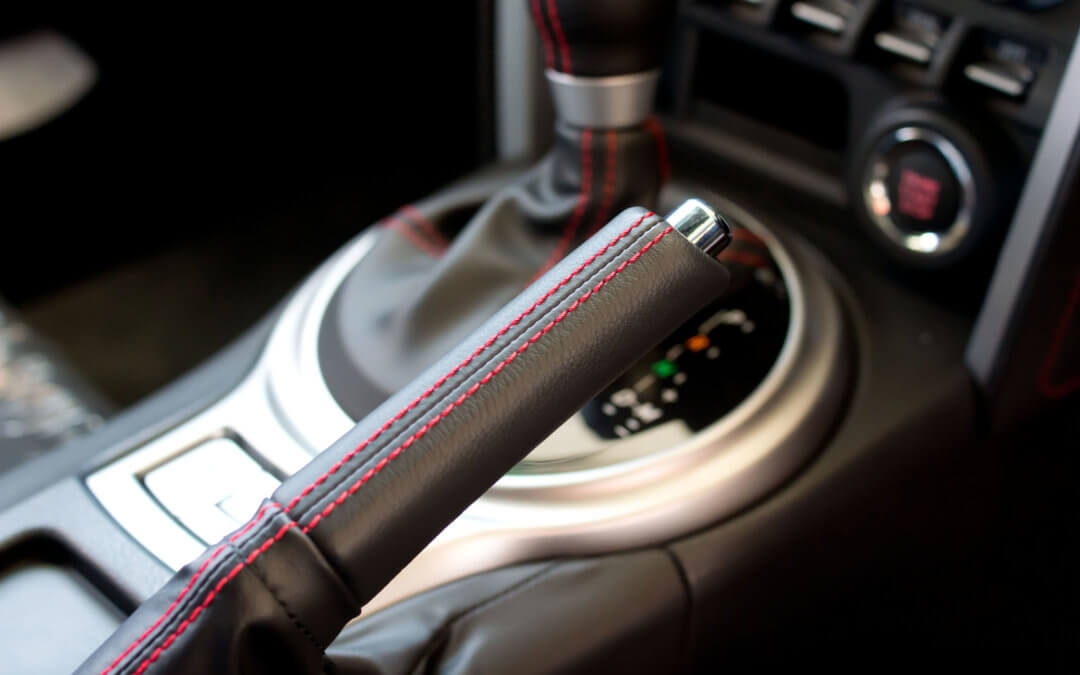Part of the Better Sex Series
Have you ever thought about your sex drive like it is a car? Emily Nagoski, author of Come As You Are, creatively explains what happens to us when we (or our partner) aren’t feeling so sexy. How many times have you or your partner been in the mood for sex when the other would rather be cleaning the house? Have you had a wonderful night away from the kids but one of you still just isn’t in the mood? Isn’t it worse when you want to be in the mood but for some reason, you’re just not feeling so sexy?
What is going on? How do we make sense of it? How can we start having more sex?
Imagine your sexual arousal and desire (more on this later in the Better Sex Series) as a car. Within your car, you have two primary functions – your “sexual excitation system” (let’s call this your hubba-hubba system) and your “sexual inhibition system” (let’s call this your thanks-but-no-thanks system). Your hubba-hubba system makes the car go. Your thanks-but-no-thanks system makes the car stop.
That means your thanks-but-no-thanks system is essentially the brake system in your car. There are two brakes here: the brake pedal and the hand brake. The brake pedal of your arousal and desire car scans your environment for potential threats; it operates from a fear of consequences. We see a deer and we hit the brakes. You just argued with your partner and you hit the brakes. We might be feeling good and on the path for a sexy night of flirts and whispers until we suddenly hear the baby cry or our partner asks us (always in an accusing tone) why we came home so late from work. Our foot slams on the brakes when we see something in our environment that is stressful, distracting, or evokes other emotions (like irritation, annoyance, or fatigue) that work against our desire for sex. We call these our “turn offs.”
The hand brake of your arousal and desire car does less scanning of your environment and more of a chronic resistance; it operates from a fear of failure. This is like pulling up on the brake because we know we are parked on the steepest hill in town. Or we know we haven’t had any alone time to decompress and attend to some self-care. Driving with our emergency brake on is possible but not easy. Our car will move but slowly, with effort, and probably causing a lot of damage. We can say yes to sex even if we aren’t feeling appreciated by our partner… but we may end up feeling even more unappreciated and lonely after. We use our hand brake when our environment or our relationship is feeling defeated, rejected, lonely, hurt, or afraid. These are more long-term fears of failure. If your partner has rejected sex the last four times you asked or you are embarrassed because you have a difficult time staying aroused long enough to satisfy your partner, your hand brake is probably going to be up.
Our thanks-but-no-thanks system defines what turns us off and our hubba-hubba system defines what turns us on. If you’re interested in learning more about your hubba-hubba system and how these two systems work together moment by moment, stay tuned for the next article of the Better Sex Series.
Read more about theories about sex from Come As You Are.

